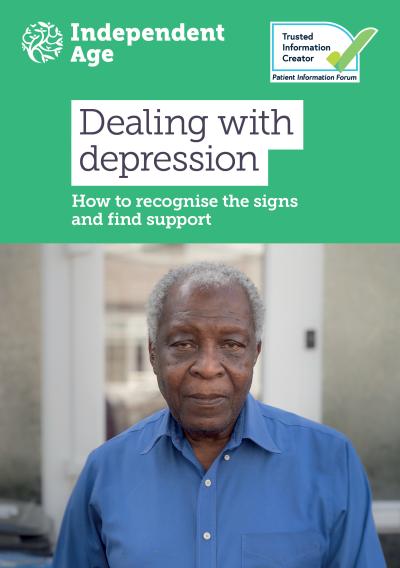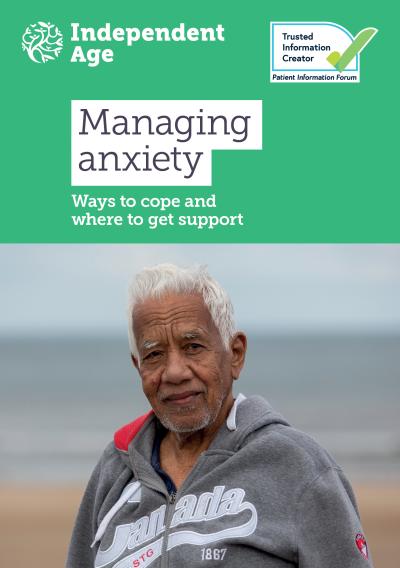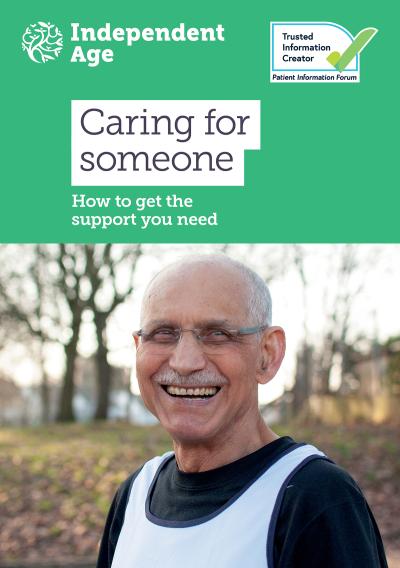Related publications

Dealing with depression

Managing anxiety

Sometimes you can tell if a friend or relative is having a difficult time. But other times, you might not realise they’re experiencing problems with their mental health. If you think they’re struggling to cope, there are things you can do to help.
Mental health describes your emotional wellbeing – how you think, feel and react.
Getting older doesn’t mean your friend or relative’s mental health will always get worse, but changes in their life might affect how they feel. They may not develop a mental health problem but, if they do, it can go unnoticed.
Mental health problems can affect people in different ways. Each problem has different symptoms, but they can sometimes overlap. As a general guide, keep an eye out for:
Two common mental health problems for older people are depression and anxiety.
Look out for signs that they aren’t taking care of themselves, such as:
See our Depression webpage for more information.
Look out for signs that they’re feeling uneasy or nervous, such as:
See our Anxiety webpage for more information.
It's difficult to know exactly what someone else is feeling. Try to find out what might be troubling them and encourage them to talk to their GP.
If you think your older friend or relative is struggling with their mental health, there are some simple things you can do to help. You can’t force someone to seek help, but you can reassure them that there is help out there.
If you think someone is having suicidal feelings, they need help urgently. Without support, they could be at risk. Either you or they can speak to a GP, call NHS 111 or contact Samaritans.
| If you think they’re in immediate danger of harming themselves or someone else, call 999. |
A good first step is talking to them and finding out how they’re feeling. If they’re not ready to talk, don’t force them – just let them know you’re there when they need you. If you do talk, try to:
Read our Sensitive conversations section for more advice about approaching sensitive topics.
Feeling better can take time, so it’s important to be patient with your friend or relative. Support them to take positive steps, without putting pressure on them. You could try to:
People with mental health problems can feel like they’re a burden, and others losing touch with them can reinforce that feeling. You could:
With the right treatment, most people experiencing a mental health problem can either get better or learn how to manage it. But it’s important to let them go at their own pace and make their own decisions as much as possible.
A mental health problem combined with other medical problems can be complicated. If you’re caring for someone:
Carers UK has a forum for people to talk about caring for someone with mental health problems. You can also find out about the support available to help you in your caring role on our Support for carers web pages.
Looking after someone else can be stressful, especially if you’re feeling vulnerable yourself. You can only support your friend or relative if you’re feeling well enough, so make sure you're taking care of your own health as well.
There might be times when you need to protect your own mental health and encourage them to have certain conversations with someone else. This could be another friend or relative, a GP or a therapist. It could also be with a confidential helpline, such as Samaritans, or a local support group. Mind has information about support groups in your area. You can also call for advice about caring for your own wellbeing.

By calling Independent Age's free and impartial Helpline, you can get information and advice from one of our friendly advisers, or order our free guides.